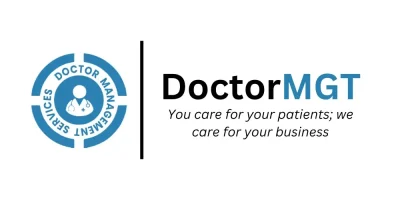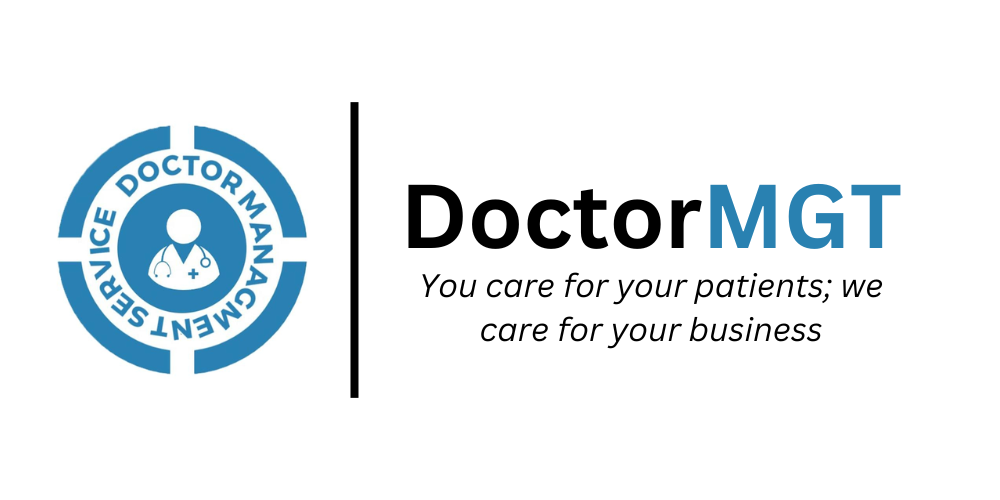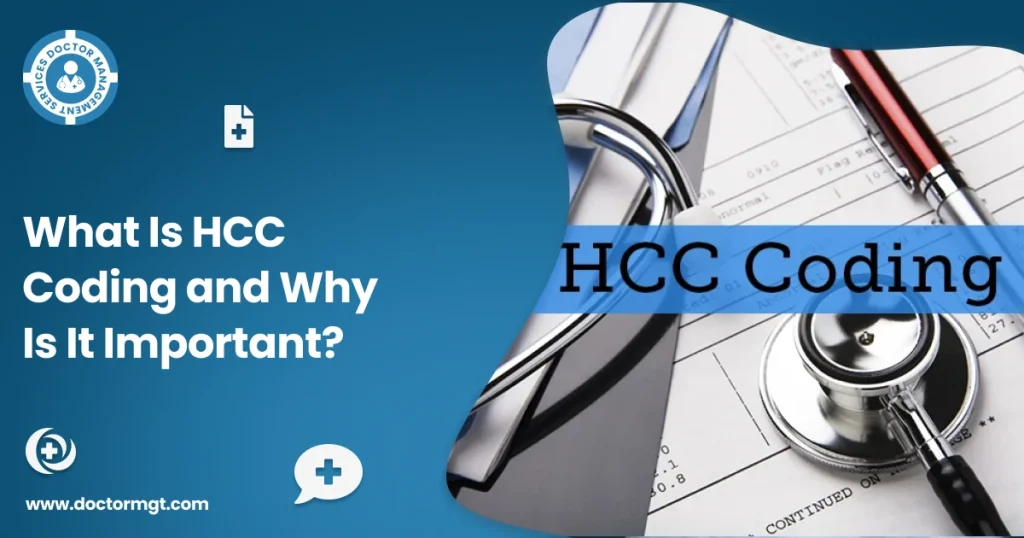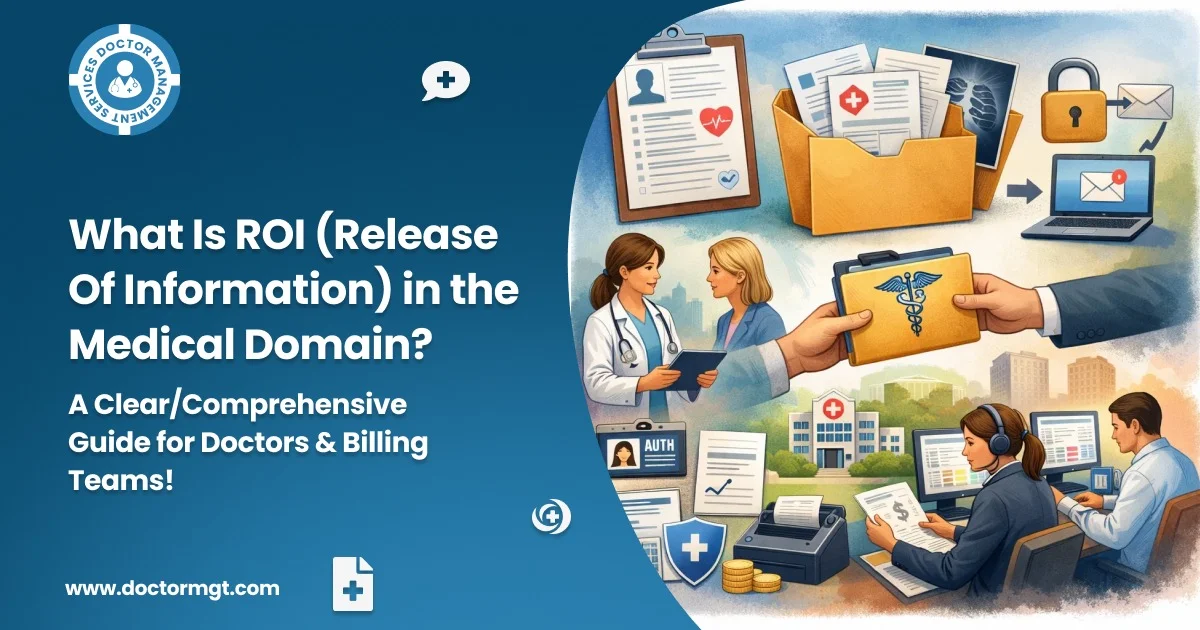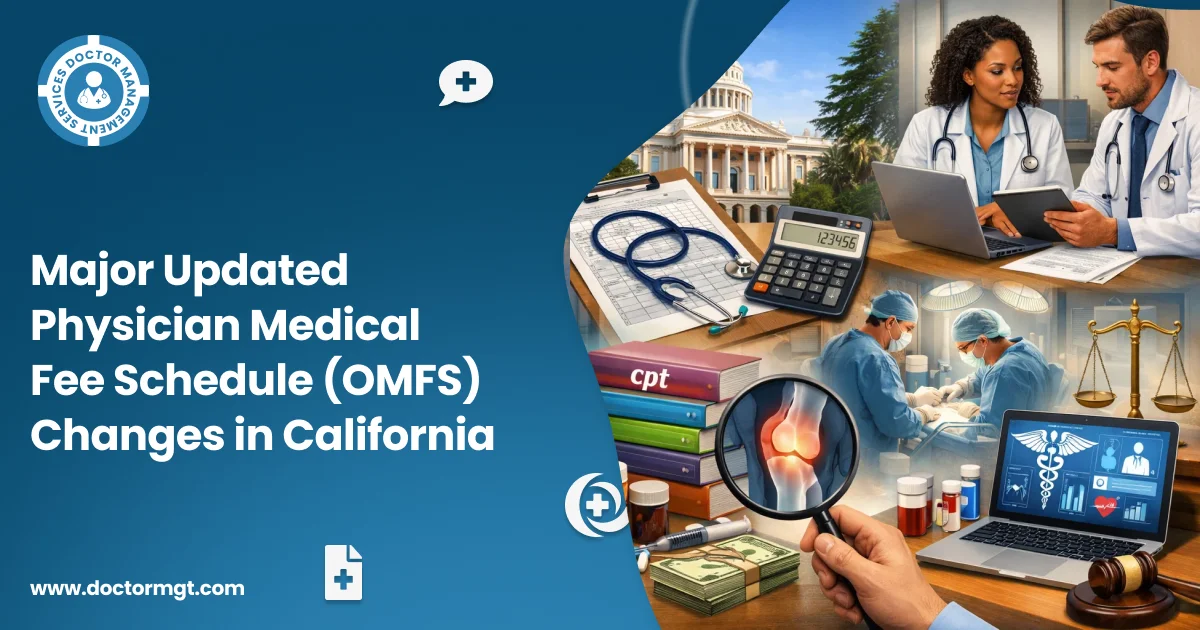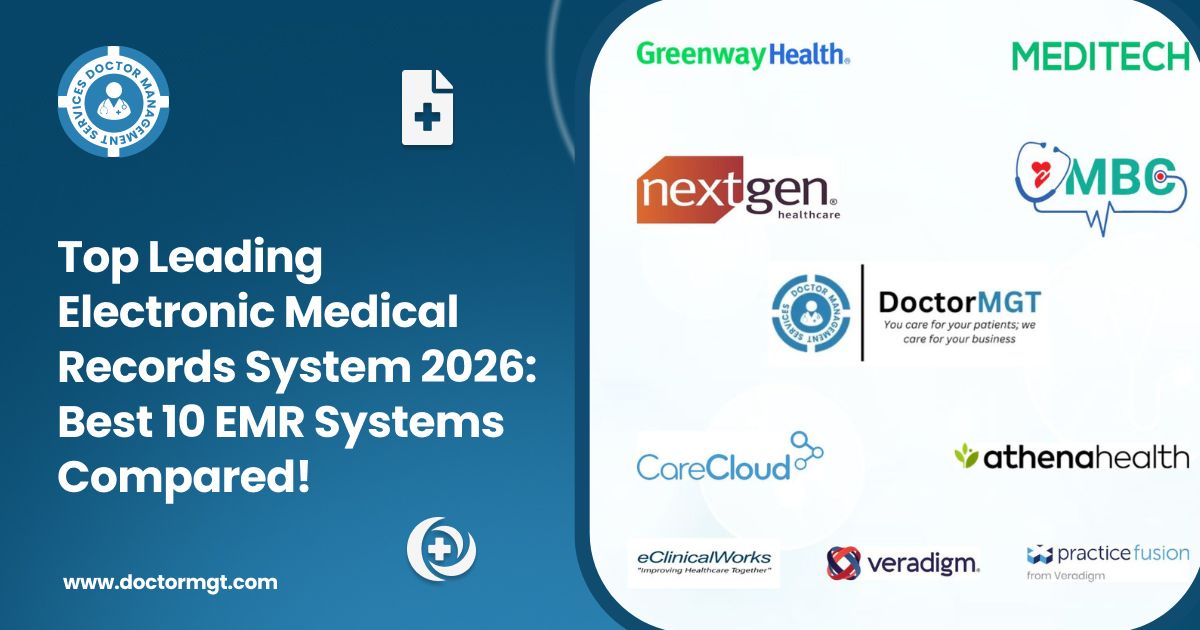The healthcare world is not just limited to treating patients only; instead, it also involves a huge number of administrative tasks. One of these is medical billing and coding, which plays an important role in the field of revenue cycle management. It is the foundation for fair reimbursement, effective risk stratification, and informed care planning. Hierarchical Condition Category (HCC) coding has become an essential component of medical billing and coding. With the healthcare industry shifting to a value-based model, knowing what HCC coding is and why it is important is a need among healthcare providers and medical billers, as well as for insurance payers.
However, for many healthcare providers, coding and billing feel like an administrative burden. While managing their medical responsibilities, keeping up with constantly updated CMS regulations, evolving ICD-10 requirements, and coding guidelines can quickly become really difficult.
This blog explains what HCC coding is, why it matters for your practice, and how addressing it properly can protect revenue, reduce compliance risk, and support better clinical decision-making.
What Is HCC Coding?
HCC stands for Hierarchical Condition Category, developed by the Centers for Medicare and Medicaid Services, which is a set of medical codes that works as a risk-adjustment model, linked to specific diagnoses. It applies ICD-10 diagnosis codes to estimate the Risk Adjustment Factor referred to as RAF of a patient. This is a score that forecasts the expected cost of care for every patient in a Medicare Advantage plan.
Every qualifying condition is under some form of a condition category. The greater the complexity of the health status of a patient, the greater the RAF score, and the greater the amount paid to the provider or plan that is managing the health care of that patient. Nevertheless, the codes that have been properly encodes and reports only affect the RAF score. Underreporting of conditions may mean that your healthcare practice does not get the amount of reimbursement that it should get.
The Real-World Impact of HCC Coding:
According to the CMS report, in the Medicare Advantage plan, over $450 billion in payments are based on risk adjustment calculations. The downsides of a miss diagnosis or underreporting of certain conditions are not only limits to your reimbursement, but they also distort the actual health profile of your patient population.
A study published in the Journal of General Internal Medicine revealed that patients who have higher RAF scores are significantly more likely to be enrolled in care management programs, as compared with lower scores. This shows how accurate HCC coding influences not only reimbursement but also access to support services and care planning tools.
Why Healthcare Providers Should Care About HCC Coding:
As we have already discussed about HCC coding and accurate HCC coding is crucial for complete reimbursement. Let’s now talk about why it matters for healthcare providers.
Reimbursement Accuracy:
Being underpaid to work with medically complex patients is one of the greatest disappointments for the providers. The HCC coding assists in making sure that the complete picture of the patient risk is covers and repaid appropriately.
Example:
Suppose that a patient comes with the lower back pain problem, then m54.50 ICD-10 is applied. However, the patient might also have chronic conditions such as diabetes or congestive heart failure. If those are not documented and coded, CMS assumes the patient is healthy, leading to an inaccurate risk score and reduces payment. And, unless they are coded and documented, CMS will assume that the patient is healthy, assigning an inaccurate risk score that is associating with lower reimbursement.
Increased Pressure from Value-Based Care Models:
Leading Medicare and private payers turn to value-based care models where the performance of providers is evaluates not only by the output of the services they provide, but also by how well they can coordinate population health. Due to inaccurate coding, patient acuity is misrepresenting, which can influence performance scores and decision-making relative to care planning.
Annual Coding Requirements
Many chronic conditions need to be documented and coded every calendar year to remain valid for risk adjustment. Managing these can be hectic in the daily clinical routine. In fast-paced clinical environments, these details are easy to overlook. However, a failure to update the records of patients may result in lost revenue and inaccurate data when it comes to planning and allocating resources.
Example:
In the cases of Mental health, its diagnoses significantly impact patient outcomes and resource needs, yet they are often underreporting in risk models. In psychiatric medical billing, medical diagnoses such as major depressive disorder, schizophrenia, and substance use disorders are risk-adjusting conditions. However, if it is not documented clearly, then it will not meet HCC criteria.
HCC Coding Reference Table for Providers:
| Component | Explanation |
| HCC Categories | Groups of ICD-10 codes reflecting serious, chronic conditions. |
| Risk Adjustment Factor | A score estimating the patient’s health risk and resource need. |
| CMS Application | Used for capitation rates for Medicare Advantage beneficiaries. |
| Annual Requirement | Chronic conditions must be recapturing once per year. |
| Documentation Importance | Clinical notes must be specific and support the diagnosis. |
| Revenue and Compliance | Incomplete coding leads to underpayment and audit risk. |
Why is outsourcing a solution?
Healthcare providers who want to ensure accurate HCC coding and are tired of keeping up with their medical responsibilities and administrative hurdles together should look for outsourcing medical billing and coding services. To secure their revenue cycle, guarantee compliance, and streamline operations, healthcare providers must hire a medical billing professional in California. The medical billing system in California is highly controls by the rules, regular payer changes, and the variety of patient coverage plans, which makes the task of medical billing much more complicating than entering data into a computer. A certified billing professional can handle the local payer policies, coding changes, and laws that may affect reimbursement in a state.
Reaching a professional medical billing company in California will guarantee the right way of making claims, managing denials, as well as making payments. Specialists also help with insurance checks, authorization tracking, and keeping the patient records up to date, which helps to relieve administrative load and improve operating efficiency.
In such a competitive medical setting, it is possible to lose a considerable amount of funds. Due to slow billing processes or improper coding. A medical billing specialist will not only assist in collecting overdue bills. But also bring some useful knowledge about the finances of your practice. The correct support option guards your income and allows you to remain concentrated on treating patients.
Final Thoughts
HCC coding is no longer optional for providers treating Medicare Advantage patients; it’s a need. It plays a crucial role in assessing the risk score of your patients and calculating your reimbursements.
To healthcare providers, the most important aspect is to see that all clinically relevant diagnosis. Gets properly documented, coded, and reviewed frequently. This also means teamwork, predictable procedures, and in many cases, reliable services to offload the administrative burden. That is uncomfortable with disturbing patient care. An effective HCC strategy will result in fewer financial surprises. Improved decision-making data, and, at the end of the day, improved care of the individuals you serve.
